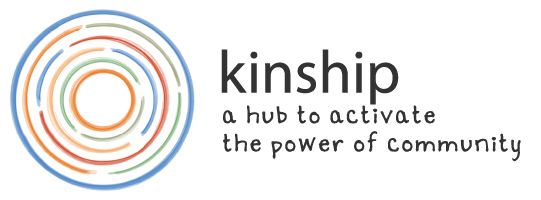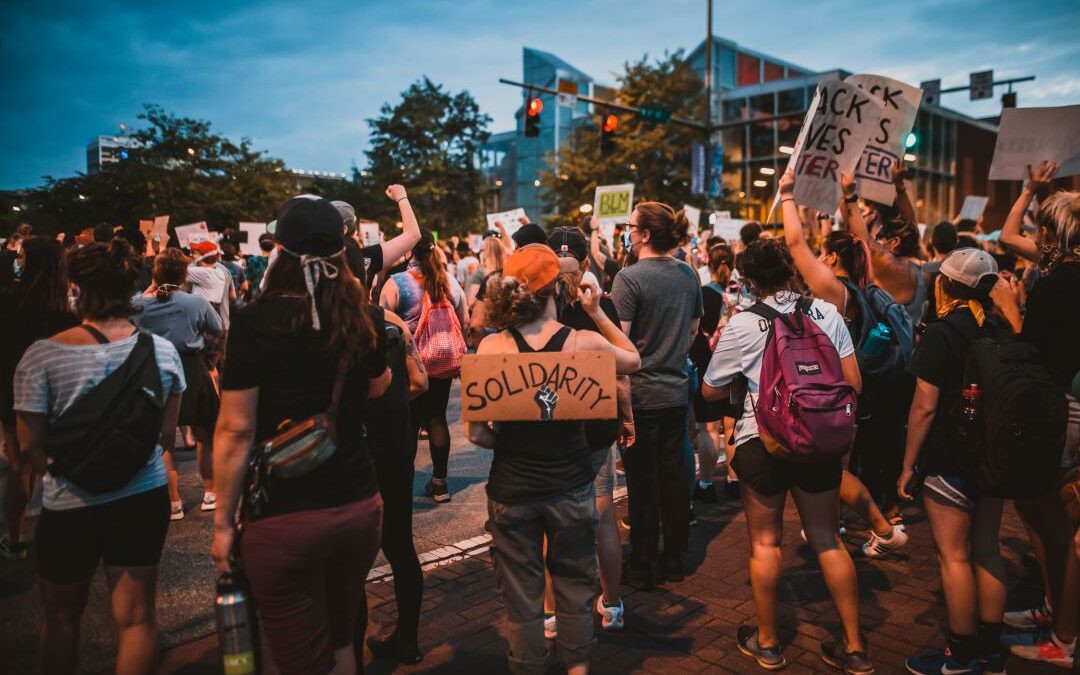Here’s a question – how much time do you spend reading about politics and the events of the world versus getting engaged in action to work for change or practice alternatives?
This article, by researcher Eitan Hersh, describes what he calls political hobbying, in which “white college educated people engage in politics by reading things, debating and discussing them – in contrast to being actively involved in political organizing that changes outcomes for people.” I could see myself in this.
While it is critical to be informed and understand the injustices and harms that are happening in the world, the question is: How does all this learning translate into changes in behavior, resource flows, and the policies and practices of institutions and government? How does it make a meaningful difference in the lived experience of people, especially those for whom the systems aren’t working, and the earth?
Consuming so much news, mostly alone, can tip into overwhelm and apathy.
Finding solidarity with others working for change can support movement. I also recognize the need to “get proximate” as Bryan Stevenson, of the Equal Justice Initiative, discusses in this On Being podcast interview. His grandmother used to say “You can’t understand the most important things from a distance, Bryan. You have to get close.” He says “we cannot make progress in creating a more just society, healthier communities, if we allow ourselves to be disconnected from the people who are most vulnerable — from the poor, the neglected, the incarcerated, the condemned. If you’re trying to make policies in the criminal justice space but have never met someone who’s in a jail or prison, you haven’t been to a jail or prison, you’re going to fail.”
One of the ways to work for change that is undervalued is to bring different people and parts of a community together that don’t usually communicate.
In my work doing community facilitation, I’ve seen how when you set the conditions well, people are eager to connect and can combine their experience to find wise solutions no one could alone. Yet, too often, the structures and systems we have inherited keep people apart, such as the two-party system or charities that are the interface bringing programs to a community rather than having the community come up with its own solutions and supporting those with resources.
It’s a time we need to commit to spending more time interacting with people than smart phones. My upcoming workshop series Questions that Invite Meaningful Participation offers practical skills in how to create meetings, engagement strategies, and conversations that generate authentic engagement and build trust.


